Leading change
Let go of research support shackles
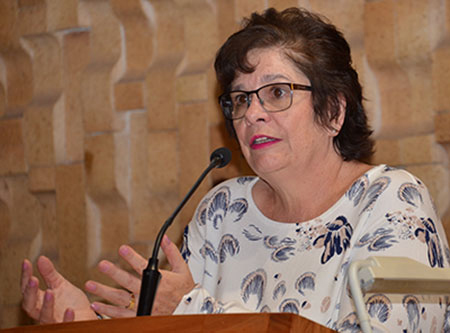 Transforming Unisa: Academic and social justice for development was the theme that set the tone for a roundtable discussion on 19 April 2017. Hosted by the College of Graduate Studies (CGS), the roundtable came at a time when research and transformation are critical talking points in higher education.
Transforming Unisa: Academic and social justice for development was the theme that set the tone for a roundtable discussion on 19 April 2017. Hosted by the College of Graduate Studies (CGS), the roundtable came at a time when research and transformation are critical talking points in higher education.
Prof Michele Havenga, Executive Dean of the College of Graduate Studies, led the roundtable, saying that there was much that needed to be reflected on in postgraduate research. This includes the fact that not enough high quality PhDs are being produced to address the development needs of our country and that there should be a consideration of relevance, quality, and impact of research.
According to Havenga, there are a number of shackles that need to be let go. “One of those shackles is that postgraduate students don’t need ongoing support. We need to forget about this notion,” she said. Other shackles are the one-supervisor-only model and that senior academics are too experienced for supervisor training.
So, what has been done over the past years? Havenga listed the International Council for Open and Distance Education (ICDE) doctoral consortium, supervisor training, a dedicated postgraduate administration space, the Framework for Joint Degrees approved by Senate in 2016, and the inclusion of language policy provisions in Master’s and Doctoral procedures, to name a few.
This is a solid list; however Havenga believes there’s more that needs to be done. “We need to look at the integration of teaching and learning research and innovation and community engagement for maximum impact and influence,” she said. “There also needs to be a common understanding of what graduateness means in the context of postgraduate qualifications,” Havenga added.
Adding his thoughts to the discussion, Prof Mandla Makhanya, Principal and Vice-Chancellor, encouraged early introduction of research. “The challenge that we have to face, as universities, is that we are starting to introduce research much later. We then are faced with the situation where those who want to start building on becoming future researchers, suddenly discover that they are entering a terrain they haven’t anticipated,” he said. “If we introduce it fairly early, at the point of entry, we will find an appreciation of what research is and all about,” the Vice-Chancellor added.
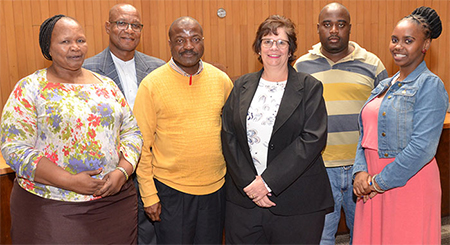
At the roundtable on Transforming Unisa: Academic and social justice for development: Dr Nomalanga Grootboom (NEHAWU), Prof Patrick Mafora (Director: Regional Services), Prof David Modise (Deputy Executive Dean: College of Agriculture & Environmental Sciences), Prof. Michele Havenga (Executive Dean: College of Graduate Studies), and Zandile Sodladla (National Student Representative Council).
*By Kirosha Naicker
Publish date: 2017-04-25 00:00:00.0


 Unisa honours Dr OK Matsepe's enduring legacy
Unisa honours Dr OK Matsepe's enduring legacy
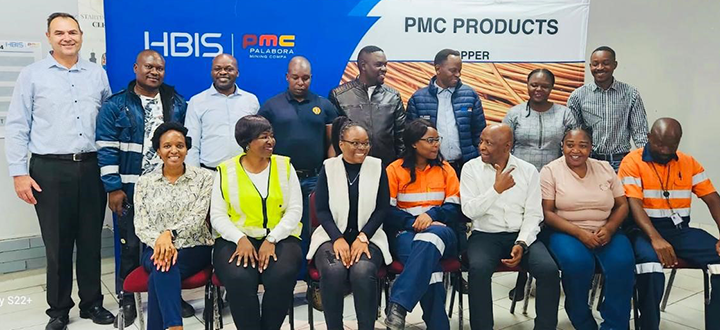 Great strides towards concretising Unisa-PMC partnership
Great strides towards concretising Unisa-PMC partnership
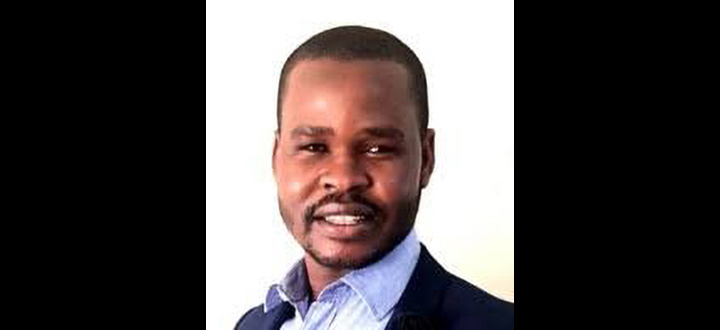 Mental health among men in the workplace needs more attention
Mental health among men in the workplace needs more attention
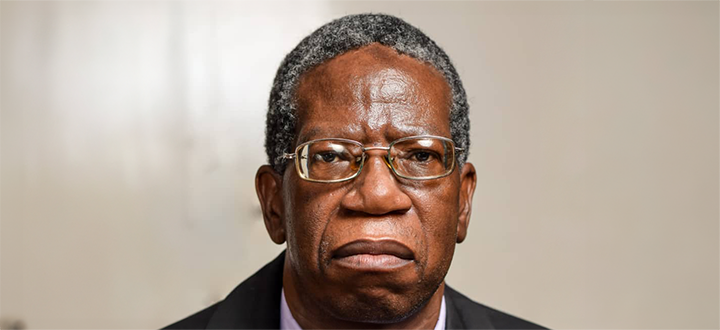 "I owe everything to Unisa and my late supervisor's priceless mentoring"
"I owe everything to Unisa and my late supervisor's priceless mentoring"
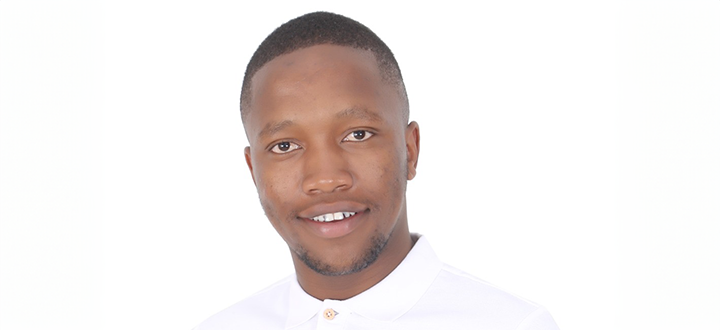 Majikijela - a queer scholar raising homosexuality awareness through his work
Majikijela - a queer scholar raising homosexuality awareness through his work